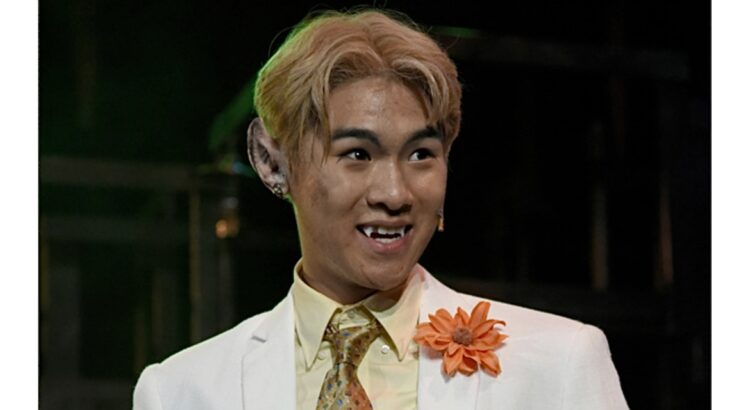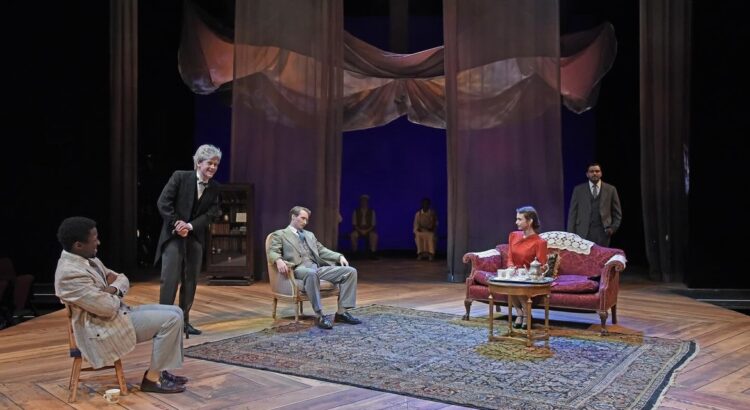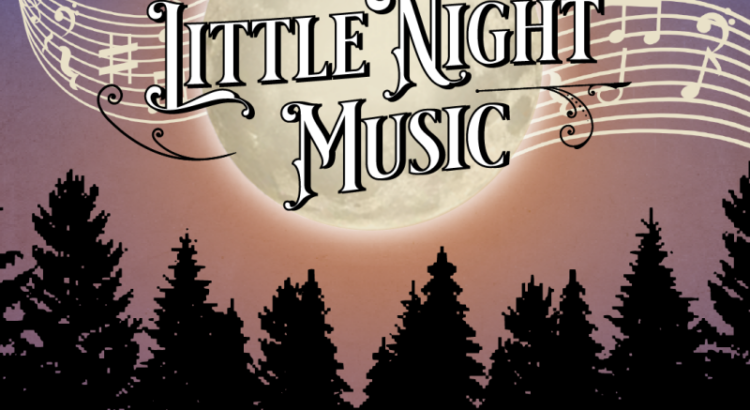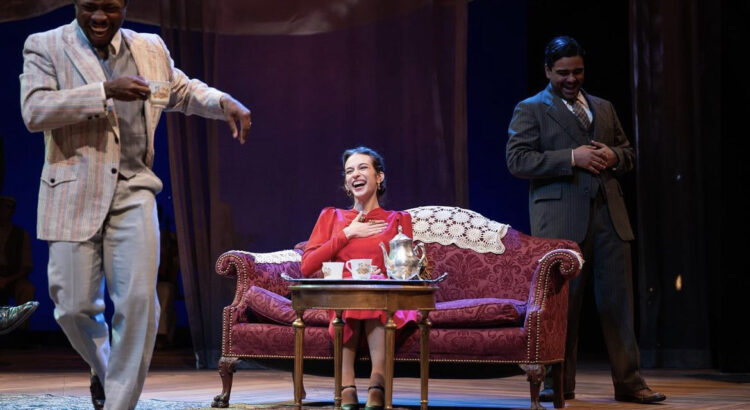Saturday, Oct 12 | 2:00pm | The Encore Musical Theater Company
Never did I think that a piece of theater would have me rooting for a quasi-human incestual couple through the medium of song and dance. But leave it to writers Keythe Farley, Brian Flemming, and Laurence O’Keefe to make that nightmare a reality.
Just in time for Halloween, The Department of Musical Theater brings Bat Boy to Michigan: a riotous farce that keeps you strapped in and spooked until the end. The department’s recent collaboration with The Encore Musical Theater Company brings one departmental show to Dexter, Michigan each academic year.
Bat Boy opens with a group of unruly teens caving in rural Virginia. They stumble upon a strange half-bat, half-boy creature and trap him, but the town’s sheriff intervenes and brings him to the home of local veterinarian Dr. Parker and his family. Thanks to the help of Dr. Parker’s wife, Meredith, and daughter, Shelley, Bat Boy starts assimilating to human life and is renamed Edgar by Meredith. Mr. Parker becomes concerned with Edgar’s affection for Meredith and Shelley, while the secret of Edgar’s origin looms over the town.

This show is wildly campy, and just when you think its madness has peaked, it instantly finds a way to outdo itself. The mere writing of this show (book by Keythe Farley and Brian Flemming) is an exceptional parody piece and remains true to its musical theater roots. It’s successful as a show for super-fans of musical theater (recognizing clever nods from the book) as well as folks who just enjoy a well-crafted comedy. The score contains classic O’Keefe-isms, reminiscent of his arguably most famous score Heathers: The Musical (Which was produced by U-M’s MUSKET last year). O’Keefe sure loves to rock out in the rhythm section, and finish a big number with ‘screlting’ soprano (speaking of the amusing Stephanie Reuning-Scherer as Shelley).
The titular role of Bat Boy (Aaron Syi) is quite intense, physically and emotionally. He swings upside down, has multiple dance features, and has a unique un-humanistic physicality that Syi nailed. The vocal range abided by the same standards, an impressive feat for any young actor to nail.
Director Vince Cardinal brought expert scene work to the stage, producing a fantastic family dynamic—ultimately the foundation for the success of the story. The collegiate actors who make up the Parker family fully suspended my disbelief and led me right into a campy comic book world—like the very tabloid this story originated from. The design and production crews were similarly clearly devoted to that specific aesthetic with large stalagmites lining the stage and solid color outfits on the characters. This production embraced its identity, letting its brilliantly crafted story shine.
Skip the haunted house this year, Bat Boy is everything you need for an absolutely thrilling October evening.
Bat Boy runs at The Encore Musical Theater Company from October 10-20.
Photos thanks to @theencoretheater on Instagram.













